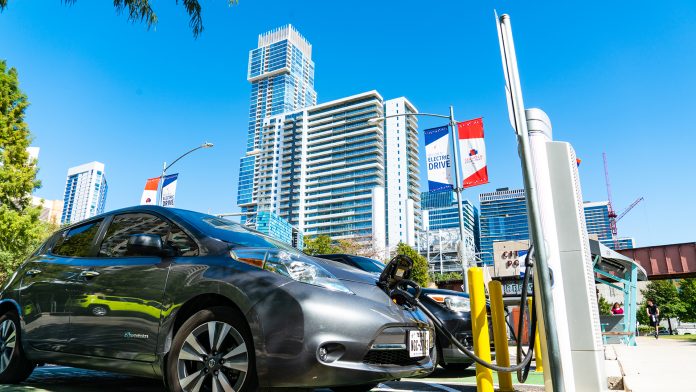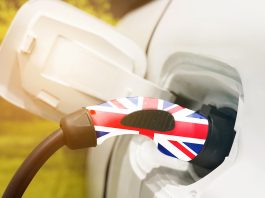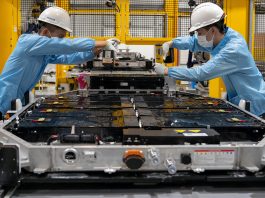A group of seven world-leading car manufacturers are uniting to create an EV charging network in North America with 30,000 high-powered chargers.
The groundbreaking EV charging network joint venture includes BMW Group, General Motors, Honda, Hyundai, Kia, Mercedes-Benz Group, and Stellantis NV.
The automakers are confident that creating an advanced EV charging network in North America will increase accessibility and convenience for motorists considerably and help drive climate targets.
The first EV charging stations are expected to be open in the US in the summer of 2024 and in Canada at a later stage.
The entire EV charging network in North America will be equipped with several high-powered DC chargers powered exclusively by renewable energy.
The EV charging station will be accessible to all battery-powered electric vehicles from any automaker using Combined Charging System (CCS) or North American Charging Standard (NACS).
The chargers will meet or exceed the spirit and requirements of the US National Electric Vehicle Infrastructure (NEVI) programme.
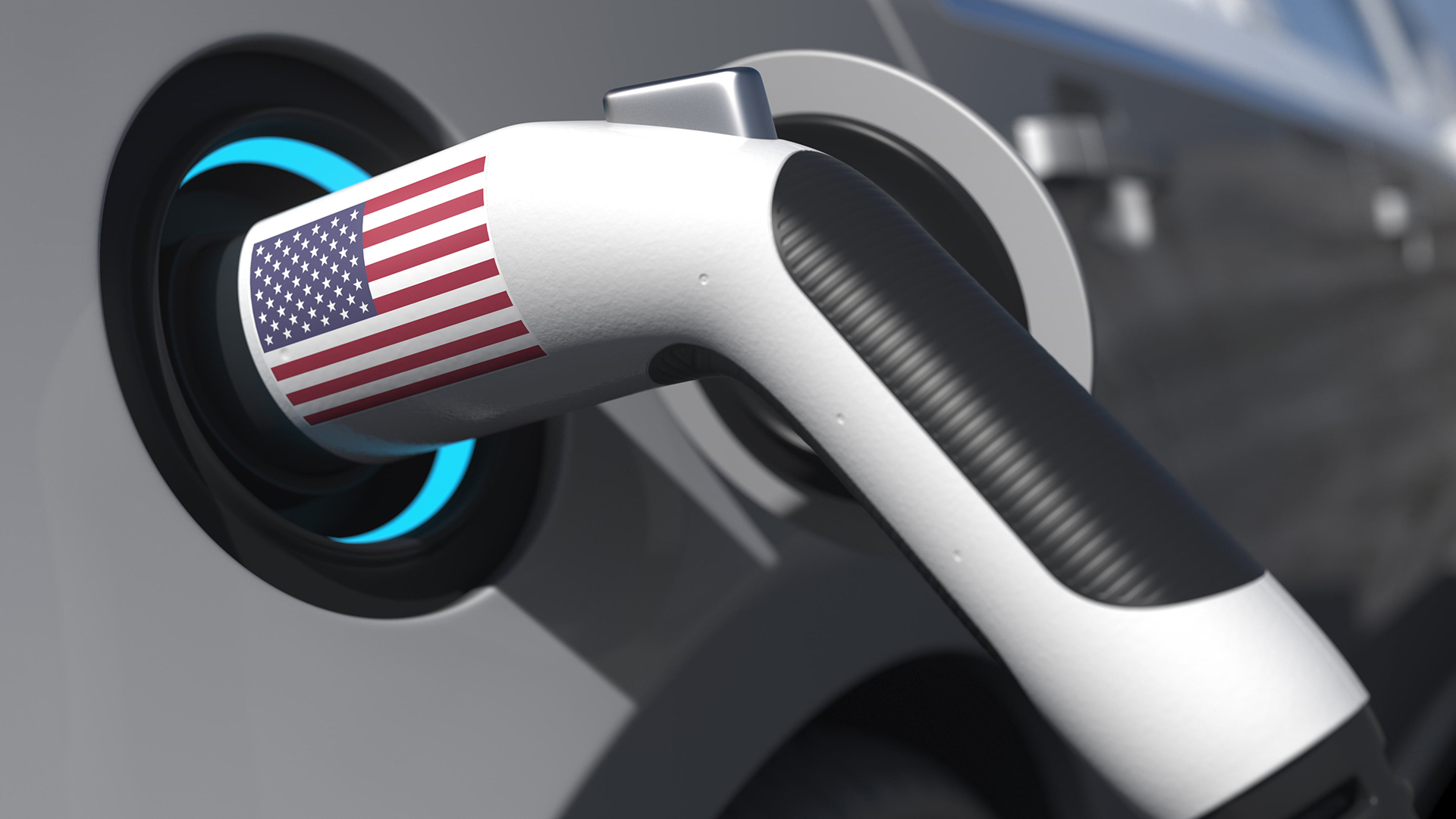
Speaking on the development, Carlos Tavares, the CEO of Stellantis, explained: “We intend to exceed customer expectations by creating more opportunities for a seamless charging experience given the significant growth expected in the market.
“We believe that a charging network at scale is vital to protecting freedom of mobility for all, especially as we work to achieve our ambitious carbon neutrality plan.
“A strong charging network should be available for all – under the same conditions – and be built together with a win-win spirit.
“I want to thank each colleague involved, as it is a milestone example of our collective intelligence to listen and serve our customers.”
Subject to closing conditions and regulatory approval, the automakers’ joint venture is expected to be established later this year and will leverage public and private funding to accelerate development.
Electric vehicle sales are outgrowing charging infrastructure
July figures from the US Department of Energy suggest that EV sales are outgrowing the number of charging stations needed to support them.
Currently, there are 32,000 DC fast chargers available to the US public, with 2.3 million electric vehicles on the road, a radio of 72 EVs per charger.
The National Renewable Energy Laboratory forecasts that 182,000 DC fast chargers will be required to support 30-42 million plug-in electric vehicles by 2030.
With EV sales in the US expected to exceed 50% of total vehicle sales by 2030, developing an EV charging network in North America will be essential in supporting customers and promoting EV adoption.
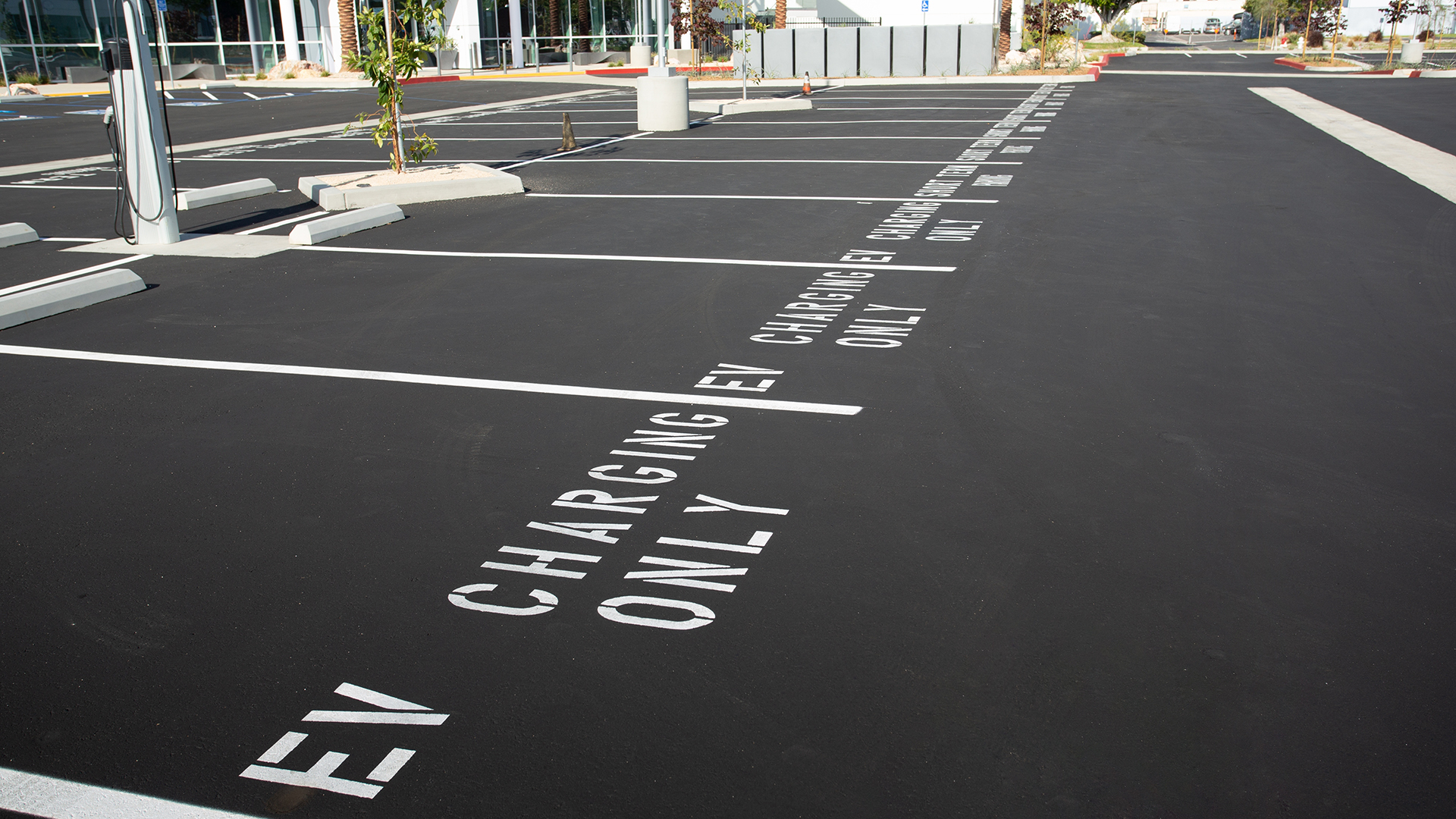
Toshihiro Mibe, the CEO of Honda, said: “The creation of EV charging services is an opportunity for automakers to produce excellent user experiences by providing complete, convenient, and sustainable solutions for our customers.
“Toward that objective, this joint venture will be a critical step in accelerating EV adoption across the US and Canada and supporting our efforts to achieve carbon neutrality.”
The EV charging network focuses on customer comfort and ease
The EV charging network in North America will be situated in convenient locations to increase customer comfort and charging ease.
The station will provide canopies and restrooms, food services, and retail options either nearby or in the same complex where possible.
The initial charging stations will be deployed in metropolitan areas across major highways, such as connecting corridors and vacation routes.
The network will also enable seamless integration with the participating automakers’ in-vehicle and in-app experiences, such as reservations, intelligent route planning and navigation, payment applications, and transparent energy management.
Mercedes-Benz Group CEO Ola Källenius concluded: “The fight against climate change is the greatest challenge of our time.
“What we need now is speed – across political, social, and corporate boundaries. To accelerate the shift to electric vehicles, we’re in favour of anything that makes life easier for our customers.
“Charging is an inseparable part of the EV experience, and this network will be another step to make it as convenient as possible.”

